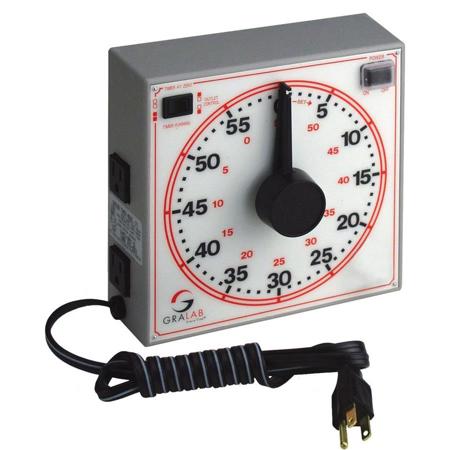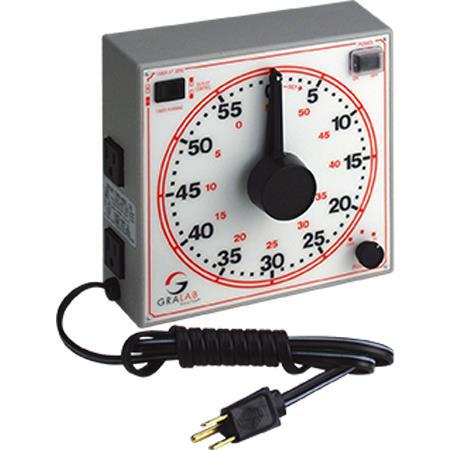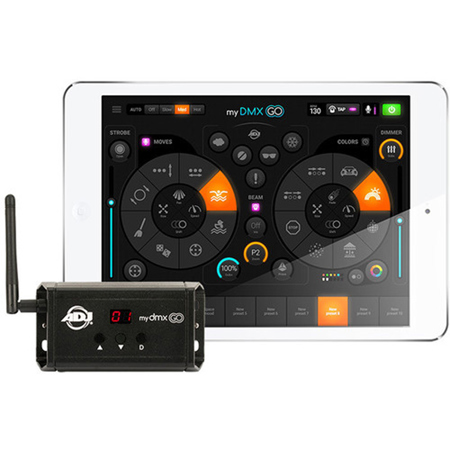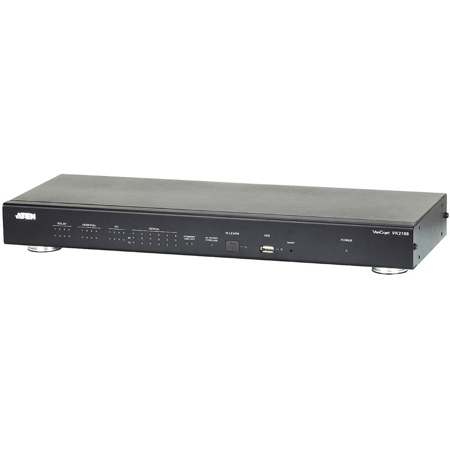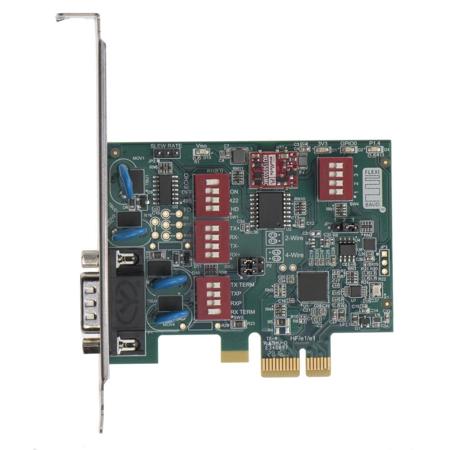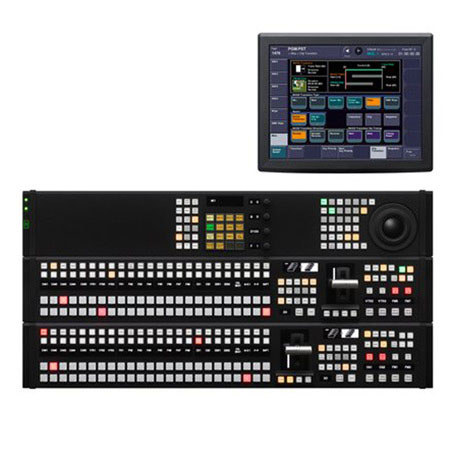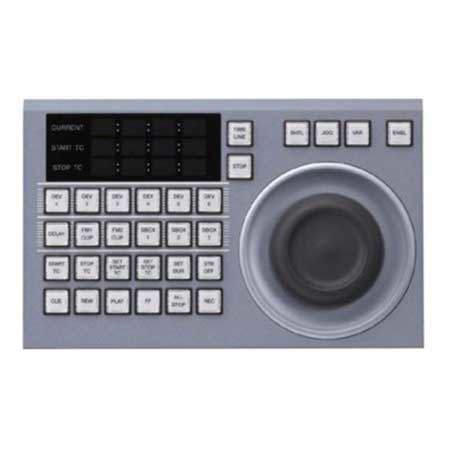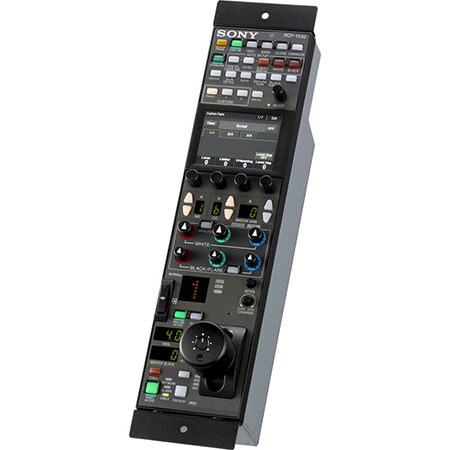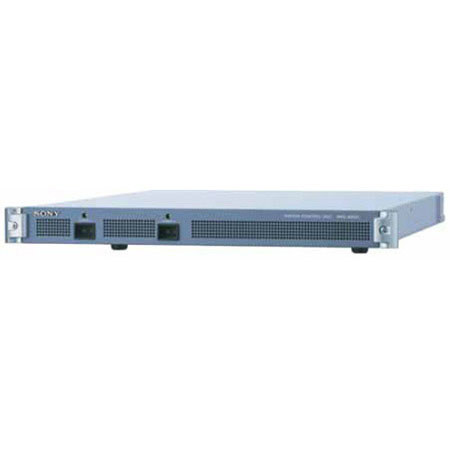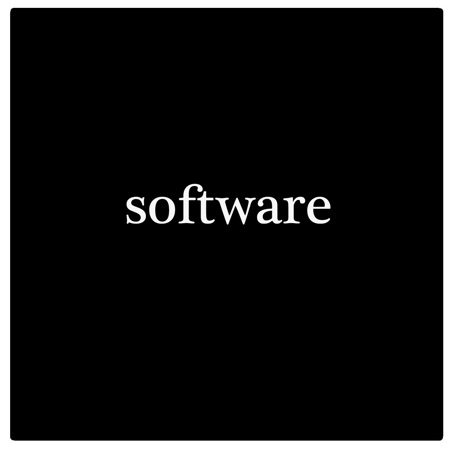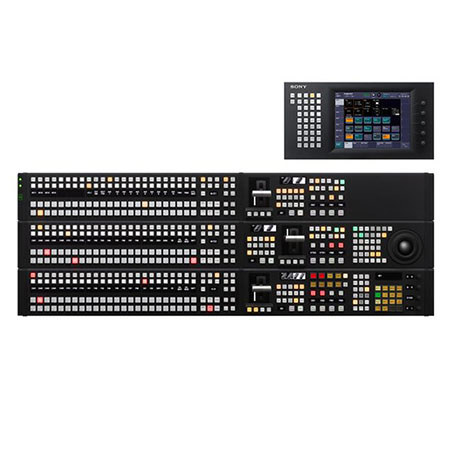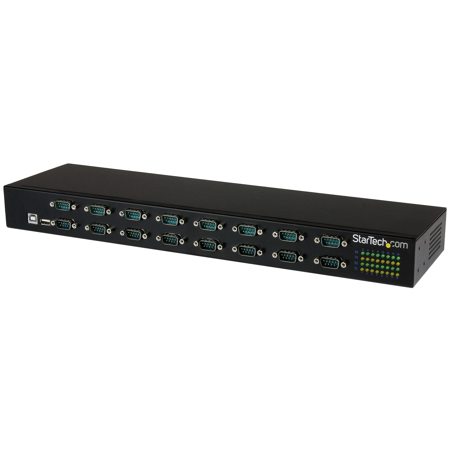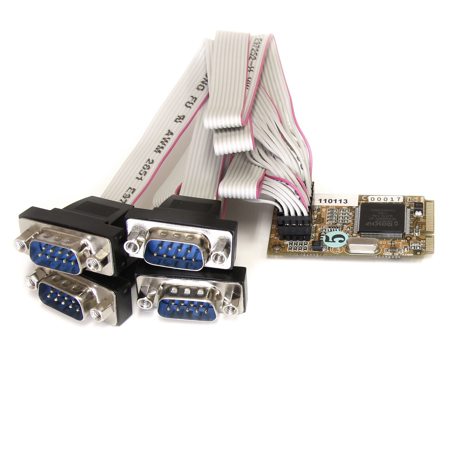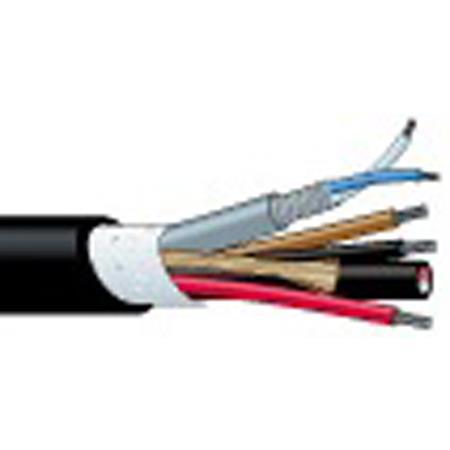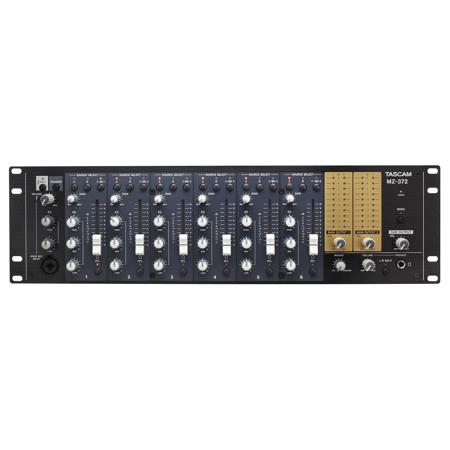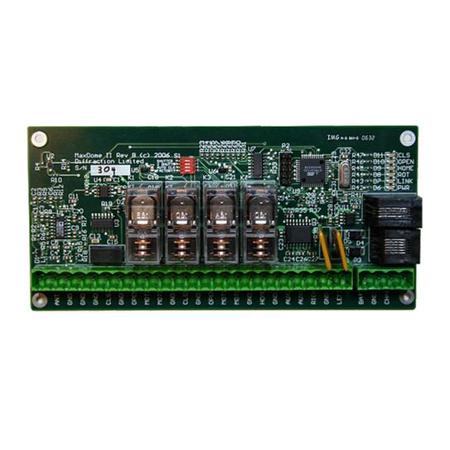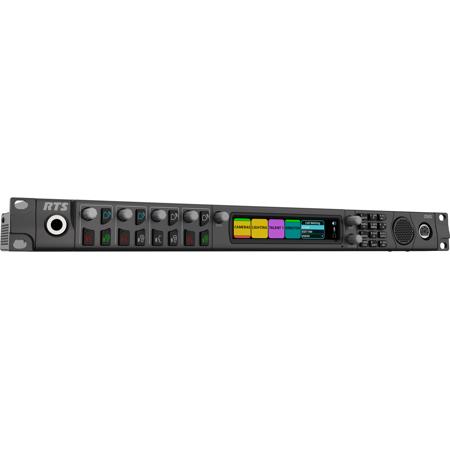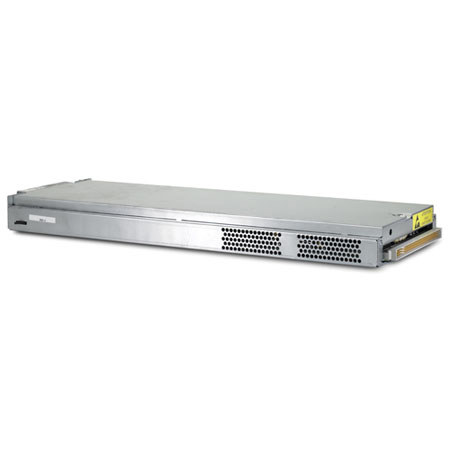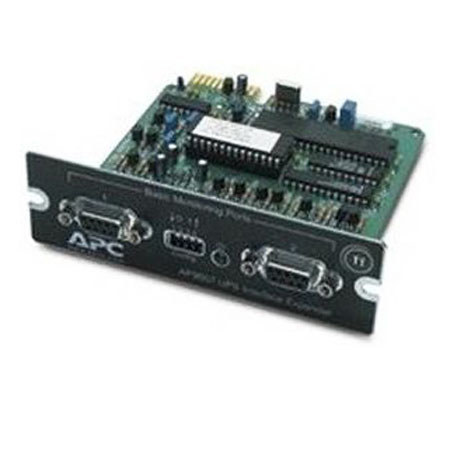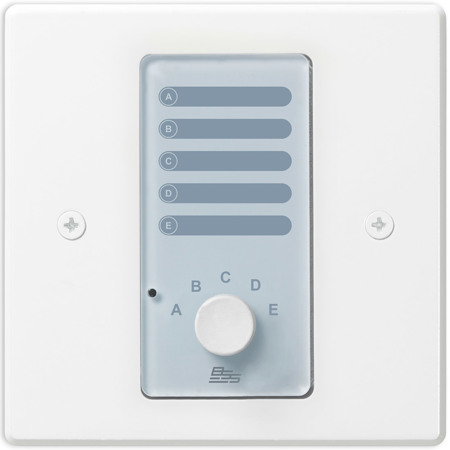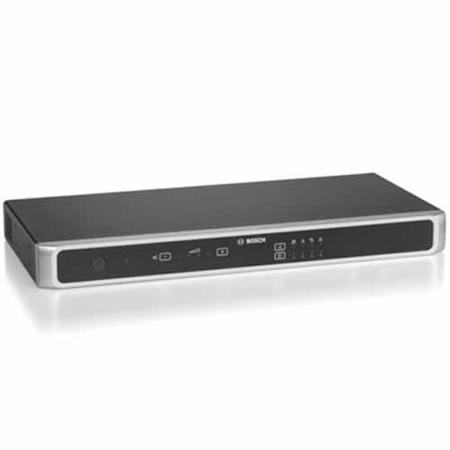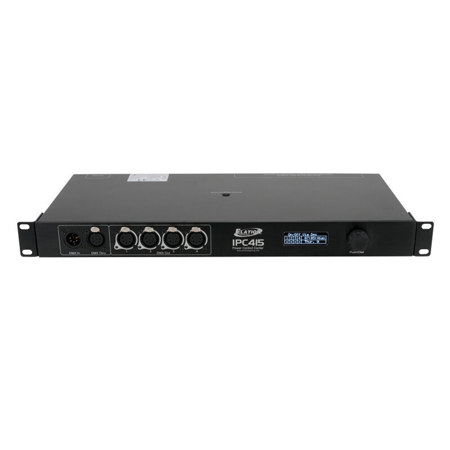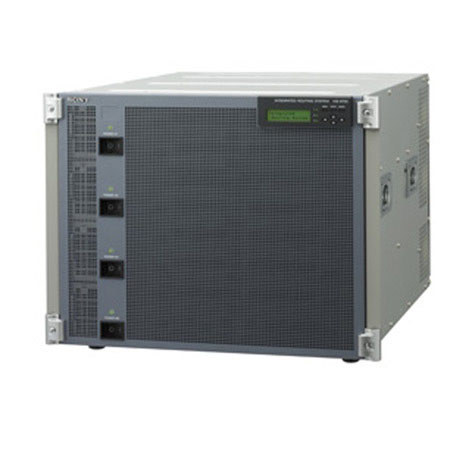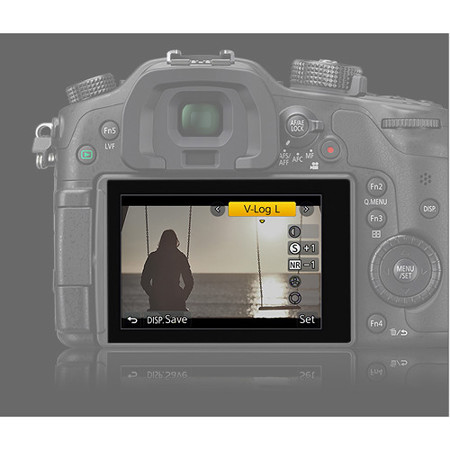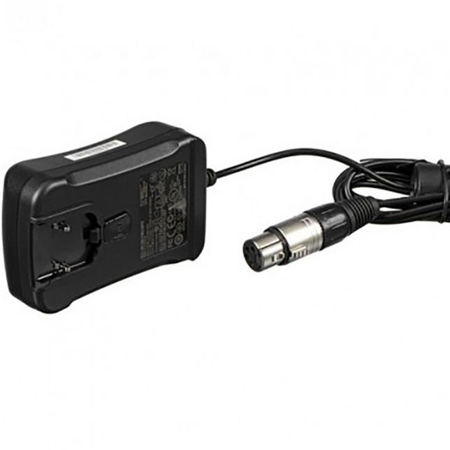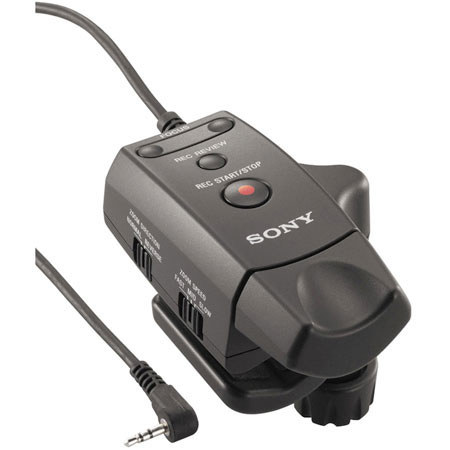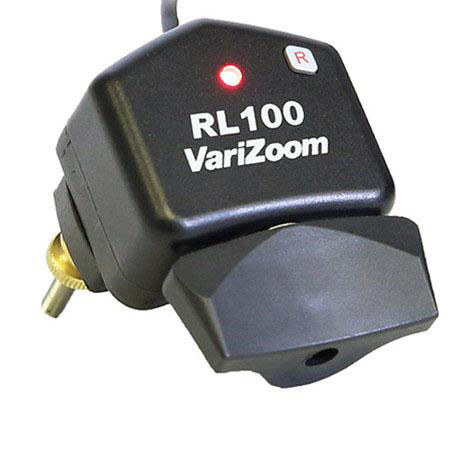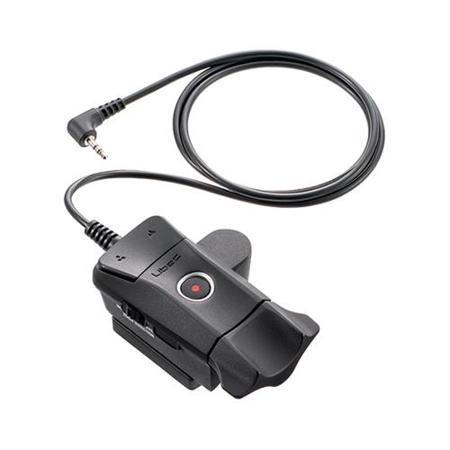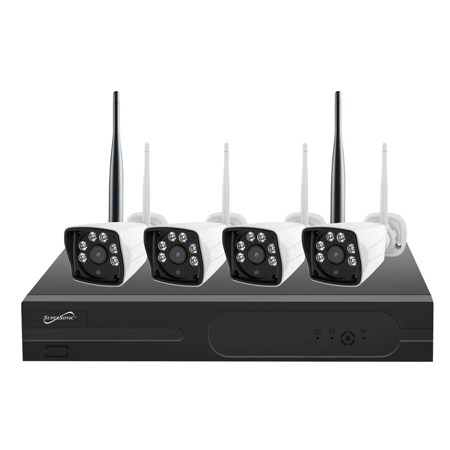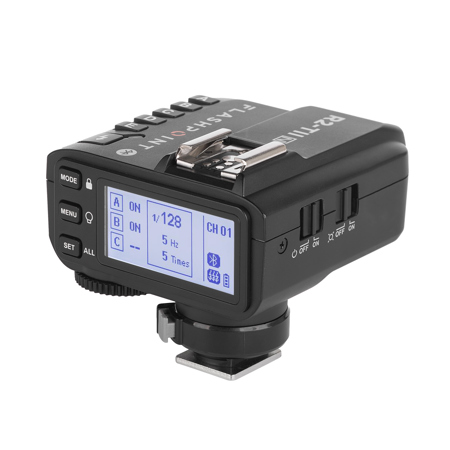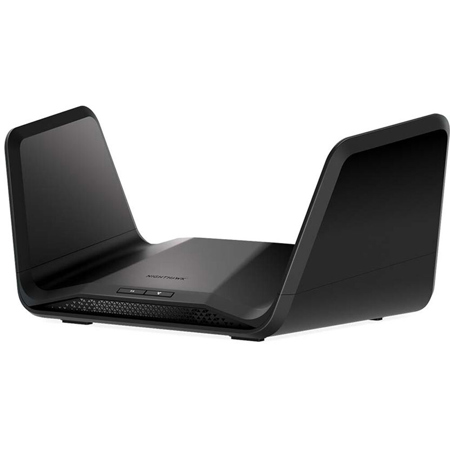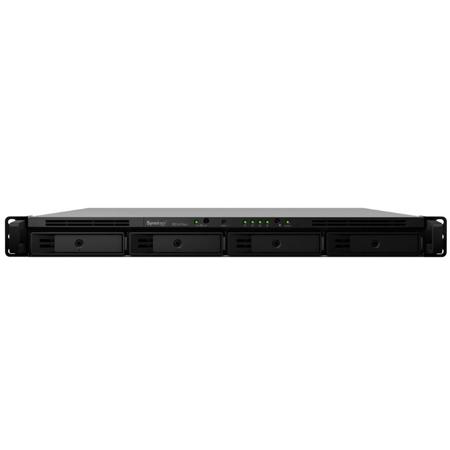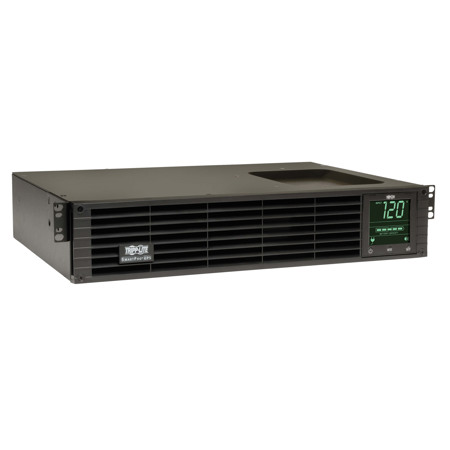Industrial Control Systems
Industrial control systems are the backbone of modern manufacturing, energy management, and infrastructure operations, providing the intelligence and automation that drive efficiency, safety, and reliability in complex environments. Whether you’re overseeing a sprawling water treatment facility, managing the intricacies of a power grid, or fine-tuning the production lines in a manufacturing plant, the right combination of control hardware and software is essential. These systems—ranging from Supervisory Control and Data Acquisition (SCADA) platforms to Distributed Control Systems (DCS) and Programmable Logic Controllers (PLCs)—are designed to monitor real-time data, automate repetitive or hazardous tasks, and streamline operations for optimal productivity. During the colder months, when environmental conditions can impact machinery and process stability, robust industrial control systems become even more critical. They help maintain precise temperature, flow, and pressure controls, ensuring that operations continue smoothly despite external fluctuations. Integrating these systems into your workflow means you can rely on automated safety checks, rapid response to anomalies, and detailed logging that supports both compliance and continuous improvement. For those in maintenance, engineering, or operations management, investing in industrial control technology is not just about keeping the lights on—it’s about future-proofing your facility against downtime, inefficiency, and evolving regulatory demands.
Selecting the right industrial control system involves careful consideration of your specific process requirements, scalability needs, and the environment in which the equipment will operate. For large-scale operations, SCADA systems provide centralized oversight, allowing operators to monitor and control assets distributed across vast distances, such as remote pumping stations or substations. In contrast, DCS solutions are ideal for plant-wide process control, offering real-time data exchange between field devices and control nodes to ensure consistent product quality and rapid troubleshooting. PLCs, with their rugged construction and modular design, are the go-to choice for localized automation tasks—think conveyor belts, packaging lines, or robotic arms—where reliability and quick cycle times are paramount. When shopping for industrial control equipment, look for features like robust I/O capacity, secure networking options, and compatibility with industry-standard protocols. Consider the ease of integration with existing infrastructure and the availability of technical support, as well as future expansion possibilities. For professionals tasked with upgrading legacy systems or building out new facilities, these considerations can make all the difference in achieving seamless, scalable automation. And while industrial control systems are typically purchased by engineers, facility managers, or IT specialists, they can also be a thoughtful gift for a small business owner or a technical team embarking on a modernization project—especially as the year winds down and many organizations plan for upgrades and improvements in the new year.
Beyond the core control units, it’s important to think about the ecosystem that supports industrial automation. Reliable power supplies, secure network switches, and user-friendly human-machine interfaces (HMIs) all play a role in maximizing system uptime and operator effectiveness. In environments where audio cues and clear communication are critical—such as during equipment testing, maintenance, or emergency response—integrating a professional-grade microphone system can enhance coordination and safety. Explore options for Mic Systems to complement your industrial setup, ensuring that every alert, instruction, or team communication is delivered with clarity. Ultimately, investing in the right industrial control solutions is about more than just automation; it’s about creating a safer, smarter, and more resilient operation that can adapt to seasonal challenges and the demands of a rapidly changing industrial landscape.
Selecting the right industrial control system involves careful consideration of your specific process requirements, scalability needs, and the environment in which the equipment will operate. For large-scale operations, SCADA systems provide centralized oversight, allowing operators to monitor and control assets distributed across vast distances, such as remote pumping stations or substations. In contrast, DCS solutions are ideal for plant-wide process control, offering real-time data exchange between field devices and control nodes to ensure consistent product quality and rapid troubleshooting. PLCs, with their rugged construction and modular design, are the go-to choice for localized automation tasks—think conveyor belts, packaging lines, or robotic arms—where reliability and quick cycle times are paramount. When shopping for industrial control equipment, look for features like robust I/O capacity, secure networking options, and compatibility with industry-standard protocols. Consider the ease of integration with existing infrastructure and the availability of technical support, as well as future expansion possibilities. For professionals tasked with upgrading legacy systems or building out new facilities, these considerations can make all the difference in achieving seamless, scalable automation. And while industrial control systems are typically purchased by engineers, facility managers, or IT specialists, they can also be a thoughtful gift for a small business owner or a technical team embarking on a modernization project—especially as the year winds down and many organizations plan for upgrades and improvements in the new year.
Beyond the core control units, it’s important to think about the ecosystem that supports industrial automation. Reliable power supplies, secure network switches, and user-friendly human-machine interfaces (HMIs) all play a role in maximizing system uptime and operator effectiveness. In environments where audio cues and clear communication are critical—such as during equipment testing, maintenance, or emergency response—integrating a professional-grade microphone system can enhance coordination and safety. Explore options for Mic Systems to complement your industrial setup, ensuring that every alert, instruction, or team communication is delivered with clarity. Ultimately, investing in the right industrial control solutions is about more than just automation; it’s about creating a safer, smarter, and more resilient operation that can adapt to seasonal challenges and the demands of a rapidly changing industrial landscape.
